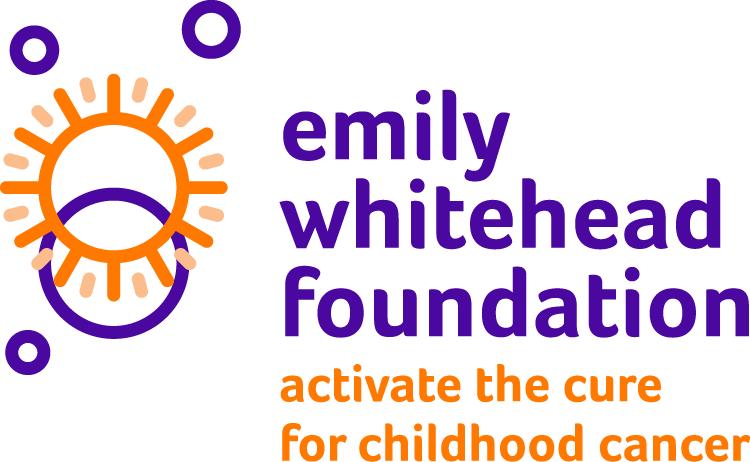CMV-specific Cytotoxic T Lymphocytes Expressing CAR Targeting HER2 in Patients With GBM (HERT-GBM)
Brain / CNS Tumors
0-9 years 10-17 years 18-26 years 27 years and older
1
 Biological
Biological
HER.CAR CMV-specific CTLs
Condition: Glioblastoma Multiforme (GBM)
This study is for patients that have a type of brain cancer called glioblastoma multiforme (GBM).
The body has different ways of fighting infection and disease. No single way seems perfect for fighting cancers. This research study combines two different ways of fighting cancer: antibodies and T cells. Antibodies are types of proteins that protect the body from infectious diseases and possibly cancer. T cells, also called T lymphocytes, are special infection-fighting blood cells that can kill other cells, including cells infected with viruses and tumor cells. Both antibodies and T cells have been used to treat patients with cancers. They have shown promise, but have not been strong enough to cure most patients.
The antibody used in this study is called anti-HER2 (Human Epidermal Growth Factor Receptor 2). This antibody sticks to GBM cells because of a substance on the outside of these cells called HER2. Up to 80% of GBMs are positive for HER2. HER2 antibodies have been used to treat people with HER2-positive cancers. For this study, the HER2 antibody has been changed so that instead of floating free in the blood it is now attached to T cells. When an antibody is joined to a T cell in this way it is called a chimeric receptor. These chimeric receptor-T cells seem to be able to kill tumors like GBM, but they don’t last very long and so their chances of fighting the cancer are limited. Therefore, developing ways to prolong the life of these T cells should help them fight cancer.
We found that T cells work better if we also attach a protein called CD28 to the HER2 chimeric receptor (HER2-CAR). In this study we placed this HER2-CAR into T cells that were pre-selected for their ability to recognize Cytomegalovirus (CMV). This virus exists in most people. These CMV-specific cytotoxic T cells (CMV-T cells) will be more active since they will react to the virus as well as to tumor cells. These HER2-CD28 CMV-T cells are an investigational product not approved by the Food and Drug Administration.
The purpose of this study is to find the largest safe dose of HER2-CD28 CMV-T cells, to learn what the side effects are, and to see whether this therapy might help patients with GBM.
-
(2013) Clinical trials in cellular immunotherapy for brain/CNS tumors.
Badhiwala J, Decker WK, Berens ME, Bhardwaj RD. Clinical trials in cellular immunotherapy for brain/CNS tumors. Expert Rev Neurother. 2013 Apr;13(4):405-24. doi: 10.1586/ern.13.23. Review.
High-grade gliomas are the most common type of primary malignant brain/CNS tumor. There have been only modest advances in surgical techniques, radiotherapy and chemotherapy for high-grade gliomas over the past several decades. None of these have provided a major improvement in survival for patients. Recently, immunotherapy has been explored for the treatment of high-grade gliomas. Immunotherapy capitalizes on the specificity of the host immune system to selectively target tumor cells for destruction, while sparing normal brain parenchyma, thus making it a particularly attractive option. This article provides a comprehensive review of published clinical trials evaluating cellular immunotherapy in primary brain/CNS tumors.
Texas Children's Hospital, Houston, TX
